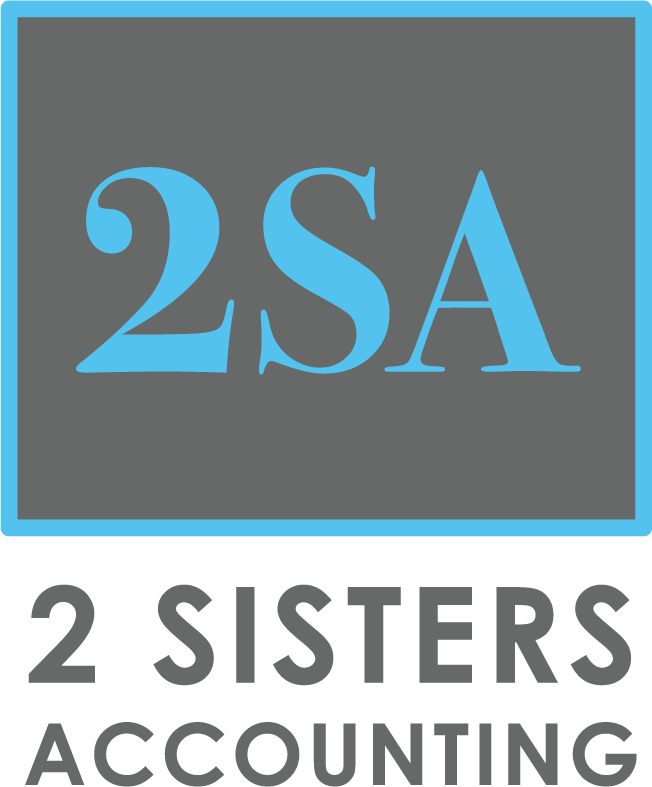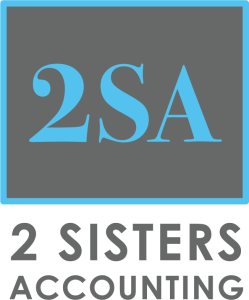If you run a limited company you may find yourself in the lovely position of having a surplus of cash within the business – aka limited company savings. When this happens of course you can withdraw the money to spend personally, either as salary or dividends, but then you will be liable for personal taxes on the money. So you may choose to leave the money in the business.

Why Leave Money in Your Limited Company Savings?
You can just leave it sitting in the business account or a savings account, however you are unlikely to get much in the way of interest. There are options for making the money work harder for you while it is sat within the limited company that can help you grow your wealth and be tax efficient.
✅ Lower personal tax liabilities by reducing dividend withdrawals
✅ Keeping funds available for reinvestment in the business
✅ Taking advantage of tax-efficient investment options
Tax-Efficient Business Investments – What To Do With Surplus Cash in a Business
One option is to transfer some into a pension scheme. Pension contributions for limited companies have the benefit of being classed as a business expense by HMRC so reduces the corporation tax liability. Growth within the pension is also tax free so the money can grow without you paying tax on the returns. Saving into a pension is so important for retirement making this a great investment in your future. However, depending on how old you are this could be a long time before you can access the money again, so this should be seen as a long term option of using some of the cash.
⚠️ Key Consideration: Money in a pension can’t be accessed until retirement age, so this is a long-term investment.
Use a Corporate Investment Account
Another option that retains more access to your money is to use corporate investment accounts. These are similar to how you might use personal savings and investments accounts, such as an ISA, but within the company name. So investing through a limited company could include Stocks and Shares, bonds or property funds. These should all benefit from higher returns than bank interest and all the growth can stay within the business.
⚠️ Key Consideration: Profits from investments will be subject to corporation tax, so it’s important to plan for tax efficiency.
Invest in Property Through Your Limited Company
Many business owners invest in rental properties with their limited company savings as the mortgage interest is still fully deductible (not the case if privately owned) and profits can then be reinvested into more properties. This should be seen as a long term strategy for the money you have earned and comes with a lot more work than just investing in a fund. However, you should benefit from asset appreciation and rental income with greater tax advantages than letting property privately.
⚠️ Key Consideration: Property investment requires significant management and carries risks, so seek financial advice before committing.
Read more: Pros and Cons of using a limited company for rental properties
Consider Relevant Life Insurance or Keyman Insurance
You may also start a company owned life insurance or keyman insurance policy. Instead of you paying for a personal life insurance policy the company can pay for a relevant life policy which covers you or key employees and is a tax deductible expense. This will save you from paying for it personally and covers the business and protection for your family if the worst is to happen
⚠️ Key Consideration: Not all insurance policies qualify for tax relief, so seek advice to ensure eligibility.
Get Expert Advice on Managing Your Business Funds
While we can suggest that you may want to look into some of these options for making your money work for you, we would always recommend that you speak to a financial advisor to work out what will be best for you and your particular circumstances – they can help you with your business financial planning.
We’re always happy to help you navigate your business finances and tax obligations. If you’d like support managing your company’s money, get in touch with us today!






